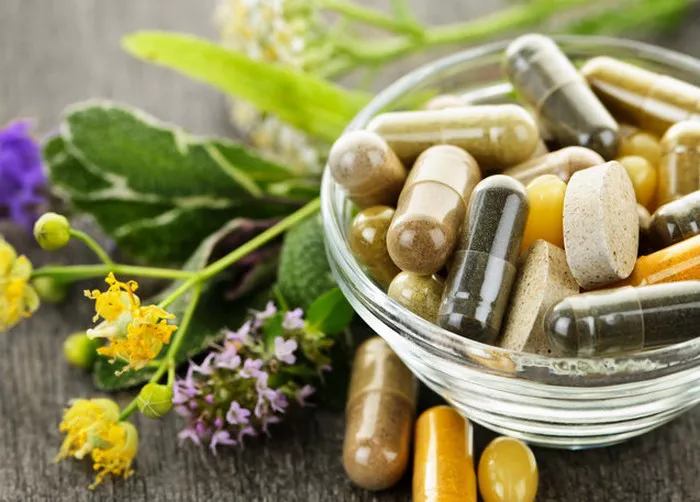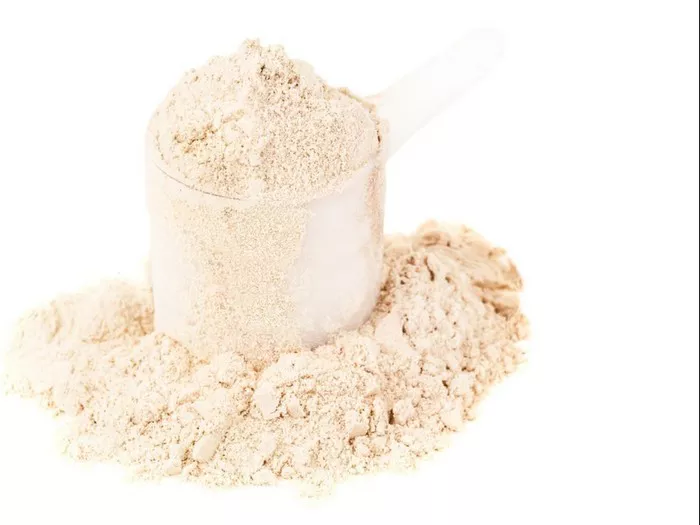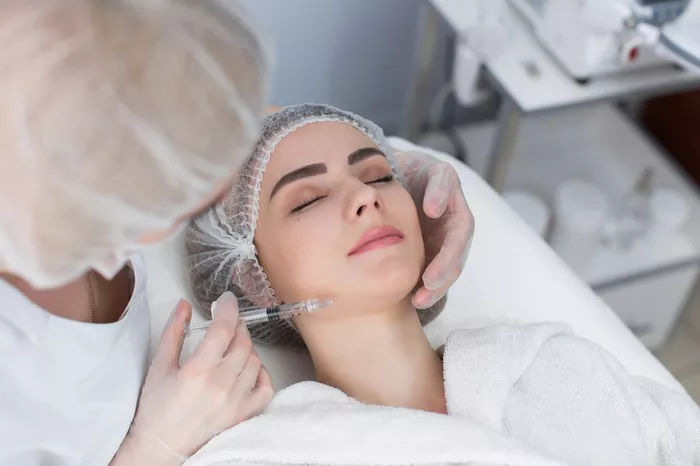Cold sores, also known as fever blisters, are a common viral infection caused by the herpes simplex virus (HSV). Characterized by painful, fluid-filled blisters on or around the lips, cold sores can be both physically uncomfortable and emotionally distressing. While antiviral medications are often prescribed to manage outbreaks, many individuals seek additional relief and prevention strategies through the use of vitamins and supplements. In this comprehensive guide, we’ll explore the role of vitamins in managing cold sores, highlight key nutrients that may offer benefits, and provide insights into incorporating them into your wellness routine.
Understanding Cold Sores: Causes and Triggers
Before delving into vitamin supplementation, it’s essential to understand the underlying causes and triggers of cold sores. Cold sores are primarily caused by the herpes simplex virus type 1 (HSV-1), although HSV-2, typically associated with genital herpes, can also cause oral herpes infections. Common triggers for cold sore outbreaks include:
Stress: Psychological stress can weaken the immune system and trigger cold sore flare-ups.
Sun Exposure: Overexposure to sunlight, particularly ultraviolet (UV) radiation, can trigger cold sore outbreaks.
Illness or Fatigue: Weakened immune function due to illness, fatigue, or other health conditions can increase susceptibility to cold sores.
Hormonal Changes: Hormonal fluctuations, such as those occurring during menstruation or pregnancy, can trigger cold sore outbreaks in some individuals.
Injury or Trauma: Physical trauma to the lips or mouth, such as lip injuries or dental procedures, can trigger cold sore eruptions.
While antiviral medications such as acyclovir, valacyclovir, and famciclovir are commonly prescribed to manage cold sore outbreaks, some individuals seek alternative approaches, including vitamin supplementation, to support immune function, reduce inflammation, and promote healing.
Exploring Key Vitamins for Cold Sore Management
Several vitamins and nutrients have been studied for their potential role in managing cold sores and supporting overall immune health. While research findings are mixed, some vitamins may offer benefits in reducing the frequency, severity, and duration of cold sore outbreaks. Here are some key vitamins to consider:
1. Vitamin C:
Role: Vitamin C is an essential antioxidant that plays a crucial role in immune function and collagen synthesis, which is important for wound healing.
Potential Benefits: Some studies suggest that vitamin C supplementation may reduce the frequency and severity of cold sore outbreaks by supporting immune function and enhancing antiviral activity.
Food Sources: Citrus fruits, strawberries, kiwi, bell peppers, broccoli, and spinach are rich sources of vitamin C.
2. Vitamin E:
Role: Vitamin E is a fat-soluble antioxidant that helps protect cells from oxidative damage and supports immune function.
Potential Benefits: While research on vitamin E specifically for cold sores is limited, its antioxidant properties may help reduce inflammation and promote healing of cold sore lesions.
Food Sources: Nuts, seeds, vegetable oils, spinach, and avocado are good sources of vitamin E.
3. Vitamin D:
Role: Vitamin D is essential for immune function, regulating inflammation, and promoting antimicrobial activity.
Potential Benefits: Adequate vitamin D levels may help support immune response and reduce the risk of viral infections, including HSV.
Food Sources: Fatty fish (e.g., salmon, mackerel), fortified dairy products, eggs, and sunlight exposure are sources of vitamin D.
4. Vitamin B Complex:
Role: B vitamins, including B6, B12, and folate, are important for energy metabolism, nerve function, and immune health.
Potential Benefits: Some research suggests that B vitamin supplementation, particularly vitamin B12, may help reduce the frequency and severity of cold sore outbreaks by supporting immune function and reducing stress.
Food Sources: Meat, fish, poultry, eggs, dairy products, leafy greens, legumes, and fortified grains are sources of B vitamins.
5. Zinc:
Role: Zinc is an essential mineral that plays a key role in immune function, wound healing, and antiviral activity.\
Potential Benefits: Zinc supplementation may help reduce the duration and severity of cold sore outbreaks by supporting immune function and inhibiting viral replication.
Food Sources: Oysters, beef, poultry, dairy products, nuts, seeds, and whole grains are sources of zinc.
Incorporating Vitamins into Your Wellness Routine
While vitamin supplementation may offer potential benefits for managing cold sores, it’s essential to approach supplementation cautiously and consult with a healthcare professional before starting any new regimen, particularly if you have underlying health conditions or are taking medications. Here are some tips for incorporating vitamins into your wellness routine:
1. Consult with a Healthcare Professional:
Before starting any new vitamin or supplement regimen, consult with a healthcare professional, such as a physician or registered dietitian, to ensure safety and efficacy.
2. Choose High-Quality Supplements:
Select high-quality supplements from reputable brands that adhere to Good Manufacturing Practices (GMP) and undergo third-party testing for purity and potency.
3. Follow Recommended Dosages:
Adhere to recommended dosage guidelines provided by healthcare professionals or supplement manufacturers to avoid potential adverse effects or toxicity.
4. Focus on Balanced Nutrition:
While supplements can complement a healthy diet, aim to obtain essential vitamins and nutrients from whole foods whenever possible to support overall health and well-being.
5. Monitor Your Symptoms:
Keep track of your cold sore outbreaks and symptoms when incorporating vitamins into your wellness routine, and note any changes in frequency, severity, or duration.
Conclusion
While antiviral medications are commonly prescribed to manage cold sore outbreaks, some individuals seek additional relief and prevention strategies through the use of vitamins and supplements. While research on the efficacy of vitamins for cold sore management is ongoing, some vitamins may offer potential benefits in supporting immune function, reducing inflammation, and promoting healing. By incorporating key vitamins such as vitamin C, vitamin E, vitamin D, B vitamins, and zinc into your wellness routine under the guidance of a healthcare professional, you can take proactive steps to support your immune system and manage cold sore outbreaks more effectively. Remember, maintaining open communication with healthcare professionals and prioritizing overall health and well-being are essential components of any holistic approach to managing cold sores and promoting optimal health.
[inline_related_posts title=”You Might Be Interested In” title_align=”left” style=”list” number=”6″ align=”none” ids=”6996,6992,6917″ by=”categories” orderby=”rand” order=”DESC” hide_thumb=”no” thumb_right=”no” views=”no” date=”yes” grid_columns=”2″ post_type=”” tax=””]
































